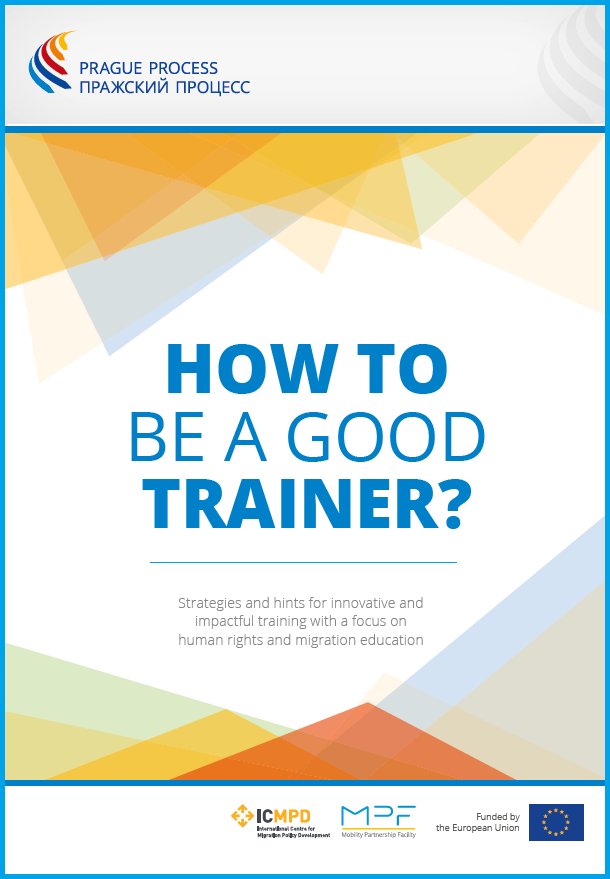How to be a Good Trainer?
28 March 2019
Handbooks
Education and learning have changed massively in the last hundred years. Primary, secondary and – increasingly – university-level education have become more accessible than ever in human history. Knowledge transfer to new generations has grown more inclusive, less hierarchical and better supported by technology. The role of learning has also changed dramatically: in the 21st-century economy, based on knowledge, services and IT-literacy, life-long learning is more and more a universal requirement, rather than a hobby of a privileged few.
In the past decades, “training” has evolved to be a solid concept, distinct from the traditional notions of teaching and education, which were historically limited to schools and universities. As we will see later on, being a “trainer” is a different role than being a high school teacher or a university professor. This role also requires specific skills and preparedness. Yet, very often, trainers in charge of transmitting knowledge to professionals or improving the skills of their colleagues are not actually trained to be a trainer. Being a senior staff member, an experienced practitioner of a certain field, or a passionate reader of academic articles is not enough to be an effective trainer. The objective of this guide is to help future or current trainers develop the necessary skills and techniques which are indispensable for successful training.
While most of its content applies more generally, this manual focuses on training in the field of human rights and migration. Training in these fields represents a somewhat different challenge (and we will see later on how) than educational activities in other areas, such as business life, finances or service provision, for which a number of supporting materials are already available online.
This is not an academic publication; this guide is aimed at busy professionals, who need immediate and hands-on support for their daily work in a simple, accessible and easily digestible format. Therefore, academic references will be kept to the necessary minimum, and we will apply a practice-oriented focus with simple and informal language (understandable for non-native speakers as well).
The content of this manual is mainly based on the author’s decade-long practical experience of training and lecturing to over 3 000 professionals from over 80 countries across the world on issues related to forced migration and human rights, including the development of training programmes, training manuals and e-learning courses. In addition, the content reflects, when relevant, current scientific knowledge as drawn from research-based literature.

